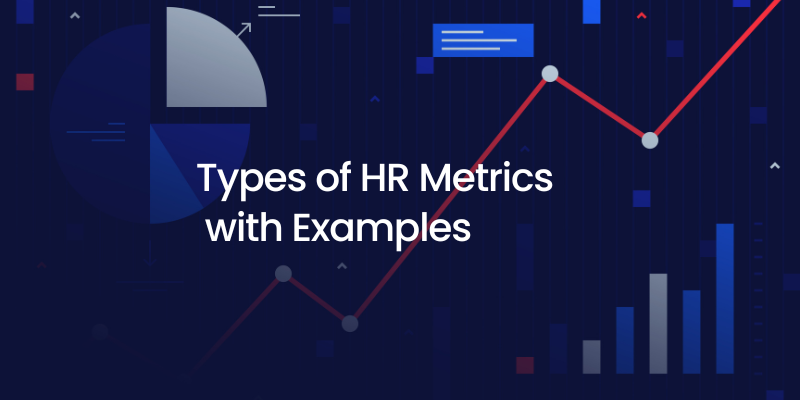Nepotism Meaning, Definition, Types & Examples
Nepotism in the workplace refers to the practice where an employer gives preferential treatment to a job applicant or an employee. Generally, this is done because of their close ties or family relationship with the employer. In addition, the job opportunities, workplace benefits, and promotions are given to them regardless of their merit or qualifications.
Moreover, this relationship-based hiring is often seen by companies as a form of favoritism that can lead to conflicts of interest in the workplace.
Consequently, this kind of unfair favoritism in dealing with employees and bias in hiring can harm workplace fairness. Further, it could lower employee morale, lead to resentment, reduce productivity, and cause mental health concerns among employees.
Types of Nepotism
- Reciprocal Nepotism: This occurs when hiring or promotions are based on personal relationships instead of merit. For example, family members or close ties of the employer may be favored over more qualified applicants simply due to their connections.
- Entitlement Nepotism: In this case, the favored individual knows they are receiving special treatment because of family ties. Subsequently, this can lead to a sense of entitlement, where they expect advantages regardless of their performance or qualifications.
Examples of Nepotism at the Workplace
Example 1: Mark, a manager at a company, shows family favoritism by hiring his niece Tina, even though she lacks the necessary skills or experience. Thus, overlooking more qualified candidates.
Example 2: Andrew, an employee at a manufacturing company, receives an unfair promotion due to a personal connection with someone in leadership. Despite other employees having better performance or seniority.
Example 3: Angelina, a supervisor, consistently assigns desirable projects or lighter workloads to their family member Sarah, a clear case of office politics, leaving others with the more difficult tasks.
Example 4: Andy, a related employee to the employer, receives fewer consequences for poor performance or rule-breaking, while others are disciplined for similar actions.
Liked what you read? Let’s take it to the next level!
Frequently Asked Questions
Q1. | What does nepotism mean in simple terms? |
| Ans. | The Nepotism meaning in simple terms, is giving special treatment, like jobs or promotions, to family members or close friends, even if they aren’t the most qualified. It usually happens at work and is seen as unfair to others who may be more deserving. |
Q2. | How is nepotism different from cronyism? |
| Ans. | Nepotism and cronyism are both types of favoritism, but they differ in the nature of the relationships involved. Generally, it is about showing favoritism to family members, while cronyism is giving special treatment to close friends. Moreover, cronyism is often prevalent in politics, which may be informal and unspoken. |
Q3. | Is nepotism illegal in the workplace? |
| Ans. | It is not usually illegal in most private sector workplaces. But it can raise legal issues if it results in workplace discrimination or breaches company policies. Although there is no general law prohibiting nepotism, many countries have specific rules for public sector positions, and some organizations have internal policies against it. |
Q4. | What are the negative effects of nepotism at work? |
| Ans. | This can lead to several negative effects: 1. Loss of trust: When you favor family members, employees may lose faith in your leadership, seeing you as weak and untrustworthy. 2. Stunted growth: Favoritism undermines team morale and creates a toxic culture where employees feel promotion is based on connections, not merit. 3. Higher turnover: Employees who feel overlooked may become frustrated and leave for opportunities where their skills and experience are properly recognized. |
Q5. | How can HR prevent nepotism? |
| Ans. | HR can take several steps to prevent it in the workplace: 1. Implement a clear and formal anti-nepotism policy that outlines the company’s stance on favoritism and conflicts of interest. 2. Ensure all hiring and promotion processes are fair, transparent, and based on qualifications. Use standardized criteria and avoid bias in decision-making. 3. Set up a confidential reporting system for employees to voice concerns about favoritism without fear of retaliation. 4. Provide training on ethical conduct, fairness, and the importance of merit-based decision-making to reduce unconscious bias. 5. Regularly review employee promotions, transfers, and hires to ensure that favoritism is not occurring. 6. Ensure Fair Performance Evaluations systems that assess employees based on their skills, accomplishments, and work performance, not personal relationships. |
Q6. | What is an anti-nepotism policy? |
| Ans. | An anti-nepotism policy is designed to prevent employees from being in a position to influence the hiring, promotion, supervision, or compensation of their close relatives. Furthermore, these policies help organizations maintain fairness and objectivity in the workplace. Thus, reducing the risk of favoritism and the negative impact it can have on employee morale. |
Q7. | How does nepotism affect employee mental health? |
| Ans. | This negatively impacts employee mental health by creating a work environment filled with perceived unfairness and bias. For instance, when employees witness favoritism based on personal relationships rather than merit, it can lead to feelings of exclusion, low self-worth, and frustration. Over time, this may cause chronic stress, anxiety, and even burnout, as employees feel undervalued and overlooked. Thus, it affects both their mental well-being and job performance. |
Q8. | Can a company hire family members? |
| Ans. | Yes, companies can hire family members, especially in the private sector. However, clear policies should be in place to prevent favoritism and conflicts of interest. |
Resources
Explore how HR trends 2026 are shaping workplaces and employee experiences.
Learn why HR metrics are key to better engagement and smarter decisions.
Discover how the 9-box grid helps identify and develop talent for business growth.





